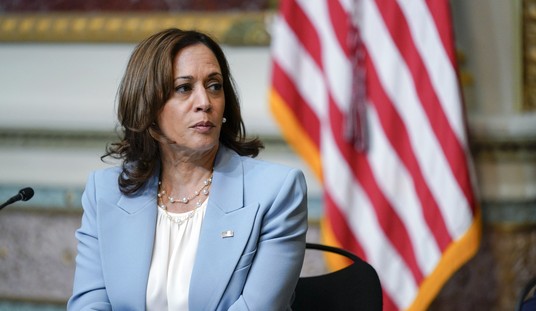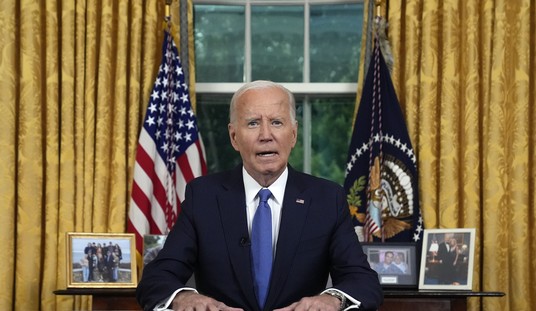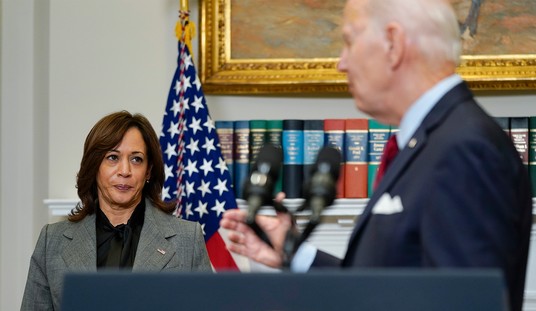TOPEKA, Kan. (BP)--The movement to prohibit late-term abortions based on "fetal pain" continues to grow, with Kansas and Idaho now on the list and Oklahoma likely not far behind.
Nebraska was the first to adopt such a bill, which prohibits abortions on unborn children who are able to feel pain. Kansas became the second state April 12 with such a law when Gov. Sam Brownback, a Republican, signed a bill banning abortions after 21 weeks of gestation based on evidence a baby in the womb experiences pain at that point. Idaho became the third state April 13 when Gov. C.L. (Butch) Otter, a Republican, signed a bill prohibiting abortions after 20 weeks.
A similar bill is on the desk of Oklahoma's governor, who is expected to sign it, bringing the number of states with such a bill to four. The pain-capable model sets the benchmark earlier than one based on fetal viability, which can be 22 to 24 weeks. Nebraska's landmark law has yet to be challenged in court.
"The science behind the is sound, and when faced with the evidence, state legislatures recognize their responsibility to protect these smallest members of our society," said Mary Spaulding Balch, director of state legislation for the National Right to Life Committee.
Balch further said, "Solid medical research substantiates the fact that unborn children recoil from painful stimuli, experience increased stress hormones when subjected to pain, and require anesthesia when undergoing fetal surgery."
The Nebraska law prohibits abortions after 20 weeks based on fetal pain evidence.
Recommended
Brownback also signed a bill requiring parents to approve of a daughter's abortion. The signatures would have to be notarized, Reuters reported.
"These bills are a reflection of the culture of life that is being embraced all across Kansas," Brownback said in a statement. "They represent a mainstream, bi-partisan, and common sense approach to a divisive issue."
Information about the scientific evidence can be found at www.doctorsonfetalpain.com.
MONTANA GOV. VETOES REPEAL OF MEDICAL MARIJUANA -- Montana Gov. Brian Schweitzer, a Democrat, vetoed a bill April 13 that would have repealed the state's medicinal marijuana law, which has been criticized by both sides of the issue for its loopholes. For instance, between 2008 and 2010, the number of citizens registered to use medicinal marijuana jumped from 842 to nearly 20,000, the Associated Press reported. Also, 25 percent of medicinal marijuana users in Montana are between the ages of 21 and 30, AP said.
Schweitzer said he would rather see the law fixed than repealed. The legislature is working on a separate bill that would make changes to the law without overturning it.
IDAHO BANS PHYSICIAN-ASSISTED SUICIDE -- Idaho Gov. C.L. (Butch) Otter signed into law April 4 a ban on physician-assisted suicide. Idaho's outlawing of assisted suicide broke a pattern in the northwest United States and blocked what pro-lifers described as an attempt to spread the practice into another state. Voters in both Oregon and Washington have legalized assisted suicide in their states. In 2009, the Montana Supreme Court ruled assisted suicide does not oppose public policy and provided doctors who assist in suicides with a defense against prosecution.
Charmaine Yoest, president of Americans United for Life, said the Idaho legislature "prevented a deliberate effort to create a 'right' to assisted suicide in Idaho. The gracious and compassionate response of a people to their elderly, ill and disabled is to improve their quality of life, not end their lives."
In March, the Idaho House of Representatives passed the ban in a 61-8 vote, while the Senate voted 31-2 for the measure.
Compiled by Michael Foust, associate editor of Baptist Press, and Tom Strode, Washington bureau chief for Baptist Press.
Copyright (c) 2011 Southern Baptist Convention, Baptist Press www.BPNews.net
























Join the conversation as a VIP Member